Personal Trainers Tips for Overcoming the Obstacles to Achieving Your Physique Goals
Achieving the desired physique requires dedication, effort, and a strategic approach to training and nutrition. As a personal trainer, I have noticed several common key areas that often hinder individuals from reaching their physique goals. In this article, we will address these obstacles and provide practical solutions to help you overcome them and transform your physique.
Insufficient Effort:
One of the primary reasons individuals fail to achieve their desired physique is the lack of effort. Wanting it badly enough is crucial for success. It’s essential to set clear goals, why do you want to achieve those goals, what would it mean to you? Create a plan, and commit yourself wholeheartedly to the process. Embrace the mindset that hard work and consistency are necessary for real progress. Without putting in the right amount of effort consistently you will continue to fail to achieve the physique that you desire
Lack of Belief:
Individuals fail to progress because they do not believe it is possible, if this is you go an look at some real before and after photos and see the true powerful potential of what consistent training, nutrition and positive lifestyle changes can create. Look at the Paralympic competitors do you think they lack self belief, these individuals are a true inspiration and we should look at them and use it to increase our belief to the power of what is possible. Our unconscious beliefs can often hold us back, I am personally a strong believer in daily action towards your goals will help dispel any unconscious beliefs you may have about your ability, absolutely anything is possible when you take persistent action even if you stumble shake your boots off and carry on. The old Japanese saying ‘fall down seven times, get up eight.’ Believe me your going to make mistakes and progress will never be linear but if we can address our mistakes when they occur and implement strategies to overcome them once the stimulus for them reoccur on our path then that is only going to help us grow.
Neglecting Resistance Training:
While cardio and HIIT workouts are beneficial for overall fitness, neglecting resistance training can hinder your progress. To achieve a well-rounded and aesthetically pleasing physique, it’s crucial to work on all muscle groups. Resistance training helps build muscle, increase metabolism, and improve overall body composition. Your body will always look better with more muscle mass on your skeleton, we always get clients telling us within our personal training facility that they haven’t lost much scale weight but their clothes now fit and waist size has reduced, body composition is not the same as weight loss and weight loss will not always help you achieve and aesthetic physique. Get serious about using your muscles under resistance and watch your body transform.
Weekend Setbacks:
Many individuals find it challenging to maintain discipline and healthy habits during social gatherings or weekends. It’s common for one day off to turn into a week of unhealthy choices. Avoid this trap by planning ahead and making conscious decisions about your food and drink intake. Moderation is key, and occasional treats are fine, but ensure they don’t derail your progress.
Allowing Bad Habits to Persist:
To achieve your goals, it’s essential to address and eliminate bad habits that counteract your efforts. Be mindful of your choices throughout the day, including nutrition, hydration, and overall lifestyle. Consistency and commitment outside of training sessions are just as important as the work you put in at the gym.
Focusing on Load over Quality Reps:
As a personal trainers, when we are coaching our clients through movements, the first thing we are there to do is quality control. It’s not about how much weight you lift; it’s about the execution of each exercise how stable are you in certain ranges of the movement, can you access the full range of the movement are you intently using the muscles required for the movement or are you mindlessly just moving through space. Focus on proper form, tempo, and muscle contraction to maximise results. Quality movements lead to better muscle recruitment, a more effective workout and more importantly you will see massive changes in your physique. I cannot tell you how many times I see individuals throwing weights around in the gym even individuals that are been coached by personal trainers, swinging, bouncing and using momentum to move a weight around uses minimal muscle recruitment, if your goal is to build a physique then this is a major NO from me my friends.
Underestimating the Importance of Nutrition:
Transforming your physique requires a comprehensive approach that includes proper nutrition. Two to three sessions per week with a personal trainer alone won’t be sufficient if you neglect your diet. Pay attention to your calorie intake, macronutrient balance, and the quality of your food choices. As personal trainers we tend to to develop a personalised nutrition plan based on what your needs are and also based on what you can do consistently for a long period of time. Find a starting point that you can keep consistent and read the first point on insufficient effort because this is the area that most individuals fail with. If you find that you cannot keep your nutrition under control then I strongly recommend that you hire a meal prep company to prep your meals for the week so they can take the effort of preparing your meals from you.
Fear of Bulking:
The misconception that resistance training will make you bulky is prevalent among both males and females. In my personal training career I cannot tell you how many times I have been told by both males and female clients that they do not want to become to bulky, I wish it was that easy! It’s important to understand that achieving a muscular physique requires specific training protocols, a nutritional surplus of calories over time, a small amount of genetics and also all bodybuilders male and female who have large amounts of muscle mass are on a lot of hormones and drugs to achieve that and it is impossible to achieve those levels of muscle mass without these enhancements . Resistance training is essential for sculpting and toning your body, improving overall strength, and boosting your metabolism to create a good looking physique.
Insufficient Intensity in Training:
To progress and break through plateaus, you need to continually challenge your body. Applying progressive overload using the combination of mechanical tension and metabolic stress as a means to increase the intensity of your workouts. Incorporate techniques like drop sets, rest-pause sets, or supersets to push your limits and prolong your sets. Work with a personal trainer to develop a well-structured program that gradually increases intensity over time when they can qualify your quality to ensure you can progress loads in a safe manner. If your coasting through your workouts its likely you need a kick up the back side to increase your intensity and progress your physique.
To achieve the physique you desire, it’s crucial to address and overcome the obstacles that stand in your way. Embrace the mindset of hard work, commit to a well-rounded training program that includes resistance training, prioritise nutrition, and maintain consistency and discipline both in and outside of the gym and more importantly put in tons of effort. Remember, transforming your physique is a journey that requires dedication, but the results are well worth it. Believe in yourself and put the effort in and you will reap what you sow!!

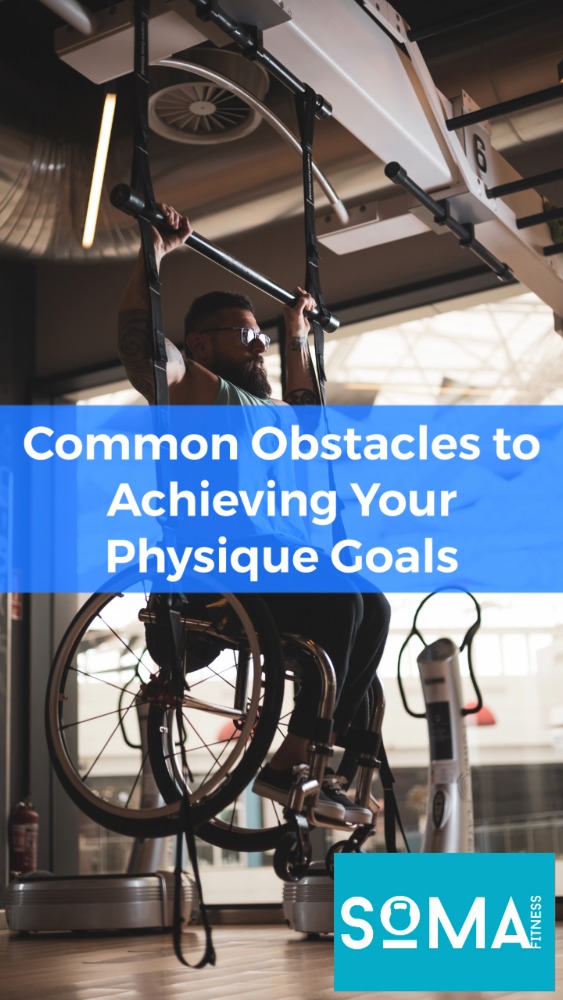
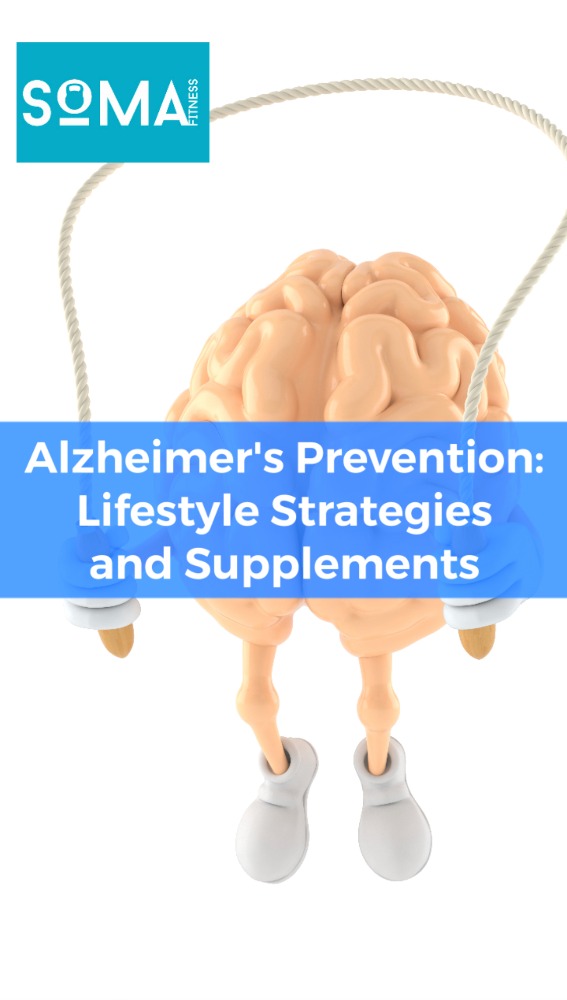
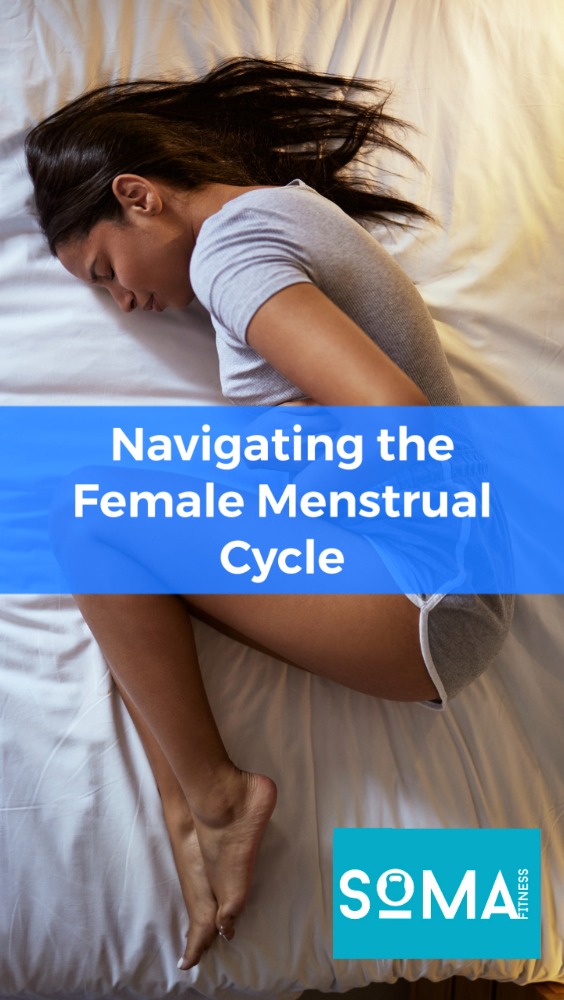





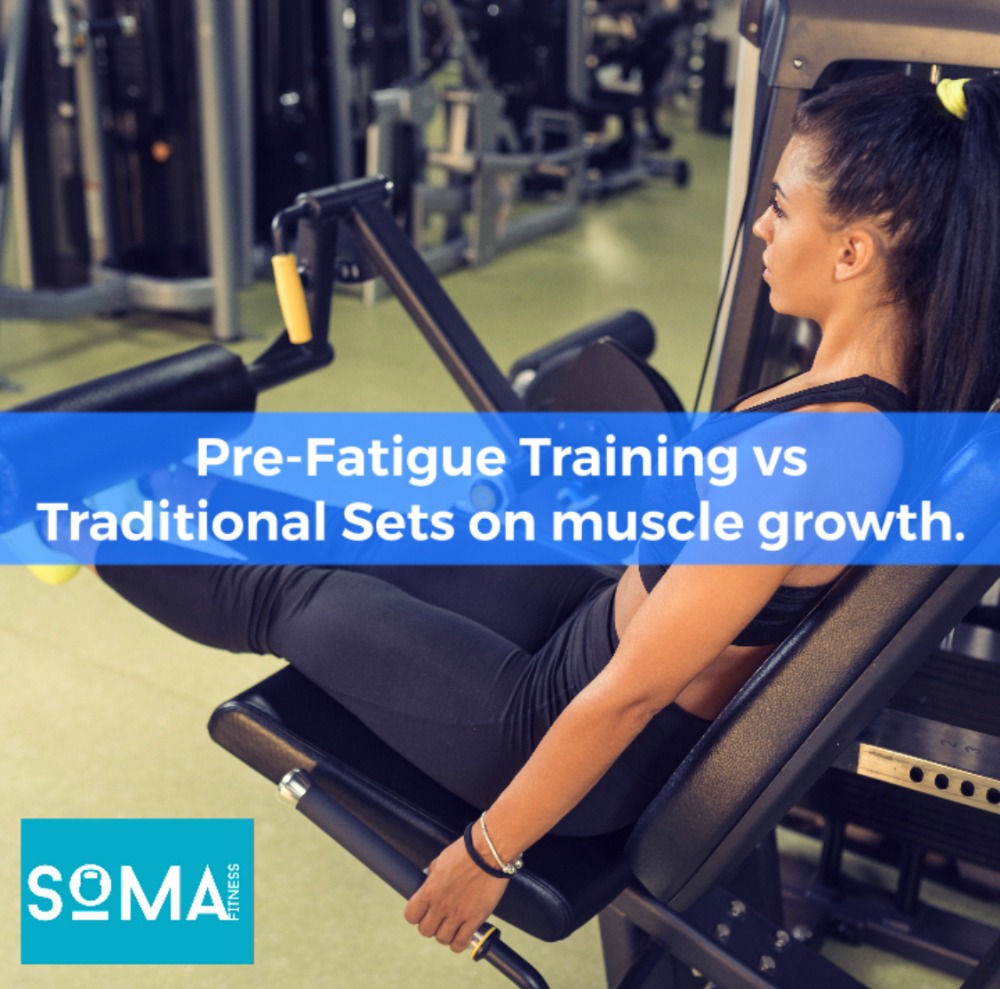
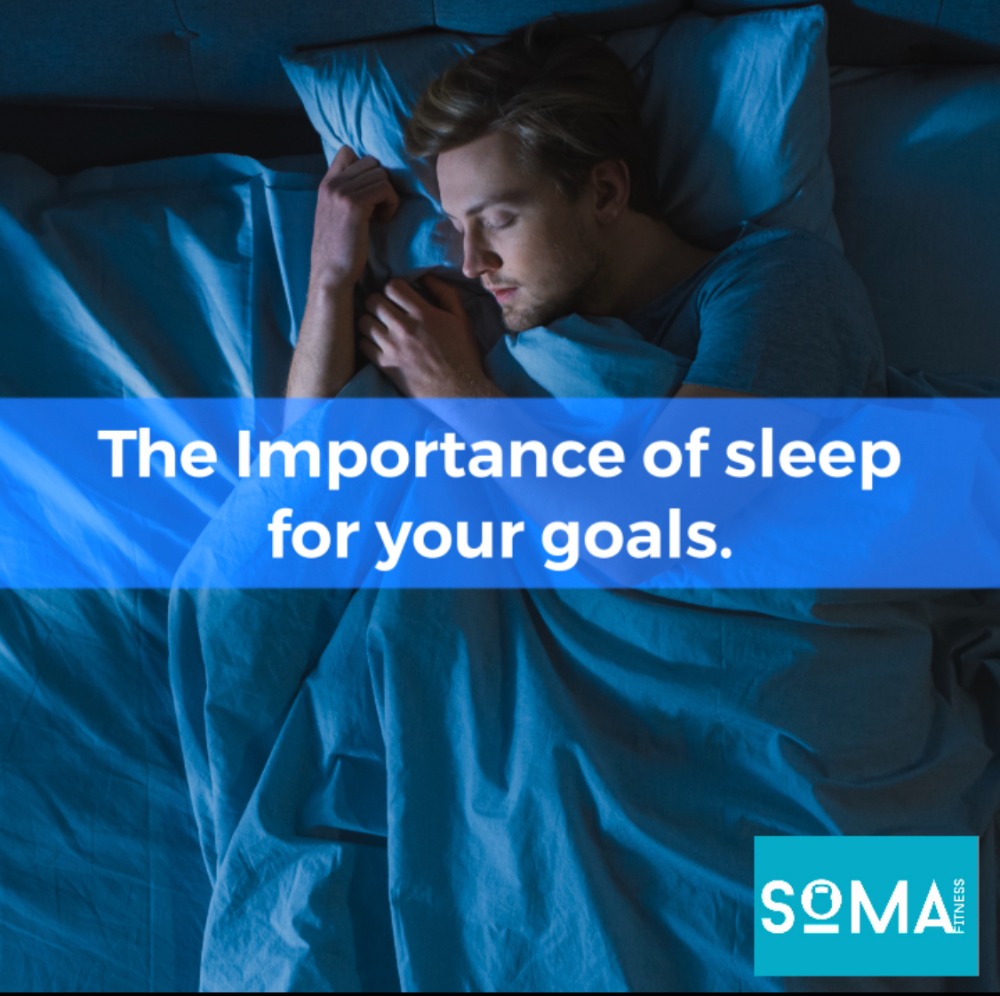
Recent Comments